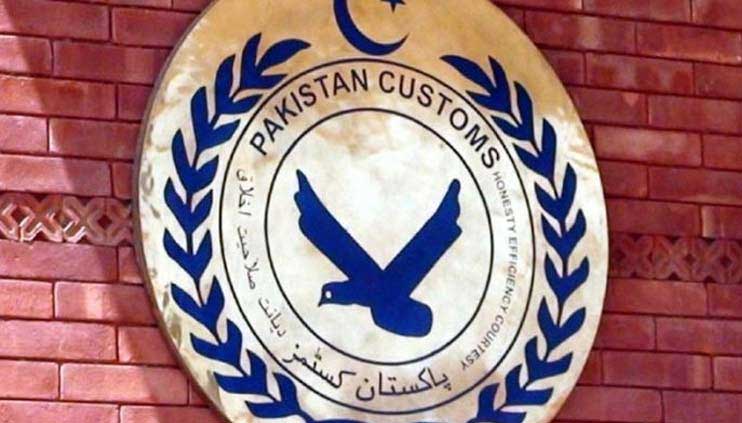IB, NCA and PNRA to aid Customs investigation

Business
Reforms in Customs Act 1961 have been proposed in Finance Bill 2024-25
LAHORE (M Jahangir) – The government of Pakistan has introduced a significant overhaul of the Customs Act, 1961.
The proposed amendments, outlined in a recent bill, seek to rationalise customs duties, incentivise key industries, and streamline imports.
Key highlights of the proposed reforms include the exemption of customs duties on bovine lipid extract surfactant, and the withdrawal of concession on vehicles valued above $5,000.
The bill also aims to promote the manufacturing of the solar panels and allied equipment, extend exemption on machinery and equipment for fish / shrimp and seafood processing, and increase customs duty on containers for aerosol products.
Furthermore, the bill proposes the establishment of Directorate General of National Targeting Centre and the Directorate General of Trade-Based Money Laundering to enforce capacities.
It also empowers officers of the National Command Authority (NCA) and the Pakistan Nuclear Regulatory Authority (PNRA) to implement and enforce the Customs Act, and included the Intelligence Bureau (IB) in the list of government agencies mandate to assist Customs investigations.
The proposed amendments are said to be undertaken to improve the efficiency of Customs procedures, accelerate the disposal of pending cases in Customs Appellate Tribunal, and ensure swift decision making in high courts.
Additionally, the bill seeks to strengthen provisions of the Alternate Dispute Resolution mechanism.
The proposals, if approved, may increase the cost of doing business for many industries after withdrawal of concessions on fresh and dried fruits and reduce concessions on electric vehicles may increase cost for these industries. The exemptions on certain goods like bovine lipid extract surfactant may lead the government to loss important revenue.
The introduction of new directorates and agencies may lead to additional complexities and bureaucratic hurdles, potentially offsetting the benefits of the streamlined customs procedures.
Overall, the proposed amendments are aimed to create a more business-friendly environment, promoting trade and economic competitiveness which can lead to increased economic growth and development.


